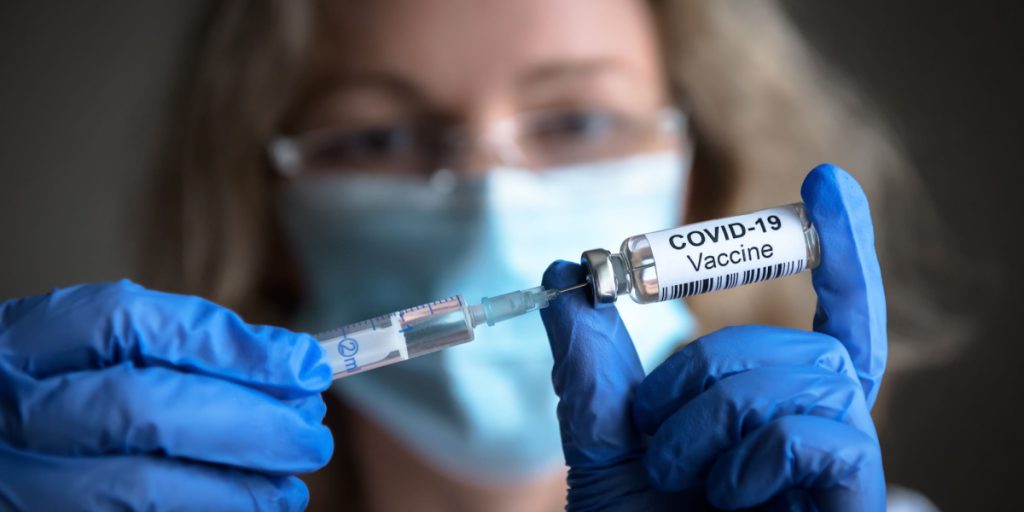Experts weigh in on why Pfizer and Moderna vaccines remain vital despite AstraZeneca’s recent withdrawal from the market.
Others are reading now
As AstraZeneca steps back from the COVID-19 vaccination front, having administered over three billion doses worldwide, the conversation intensifies about the fate of other vaccine manufacturers like Pfizer and Moderna.
But according to leading infectious disease expert Paul Griffin, there’s no cause for similar action from the mRNA vaccine giants. This is reported by 7News.
A Strategic Withdrawal
AstraZeneca’s decision to pull its Vaxzevria vaccine off the market is primarily driven by business considerations — a surplus of vaccines and falling demand.
However, the backdrop includes a legal challenge in the UK, where a lawsuit alleges injuries from the vaccine, particularly thrombosis with thrombocytopenia syndrome (TTS), a rare but serious condition.
Also read
This has fueled debates about the safety of COVID vaccines, particularly among vaccine skeptics.
Dr. Griffin, a respected figure in the medical community with previous advisory roles for AstraZeneca, stressed that the vaccine’s risks, such as TTS, have always been transparent.
“The rare clotting syndrome TTS has been extensively discussed from very early on,” he remarked to 7NEWS.com.au, highlighting the ongoing need for COVID-19 vaccines and the danger of misinformation.
The Continuing Case for mRNA Vaccines
The narrative around AstraZeneca’s withdrawal has raised eyebrows about whether Pfizer and Moderna should follow suit, especially with their vaccines linked to rare cases of myocarditis and pericarditis.
However, Griffin and other health experts underline that the benefits far outweigh these risks.
“All vaccines, including mRNA, carry adverse health risks, but severe reactions occur so rarely,” Griffin explained.
The role of Pfizer and Moderna vaccines has been crucial in the global strategy against COVID-19. Dr. Michael Head, a senior research fellow in global health, points out the superior efficacy of mRNA vaccines against variants, a key reason why many countries are sticking with these options.
No Cause for Alarm, Say Experts
While the Swedish commentator Peter Imanuelsen questions the continued use of Pfizer and Moderna vaccines, health authorities and experts maintain a firm stance on their importance.
“In the case of COVID-19, consequences including myocarditis and clotting occur at a rate that is higher than that observed from vaccination,” Griffin said, emphasizing the irrationality of withdrawing these vaccines based on minimal risks.
Moreover, the Therapeutic Goods Administration (TGA) and the European Medicines Agency (EMA) reinforce this perspective, with ongoing monitoring showing that vaccine-related issues are extremely rare and often not causally linked to the vaccines.








